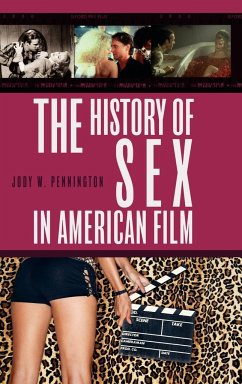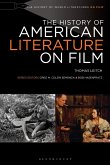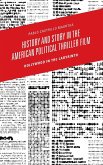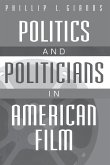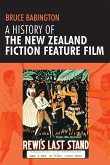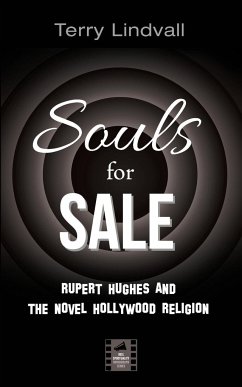Although American films, especially Hollywood fare, are often belittled for their one-dimensional portrayal of sex, a close examination of the history of sex in American motion pictures reveals that American cinema has actually represented sex in myriad ways. A more complete understanding of the ways in which sex has been represented onscreen requires an approach that pays equal attention to cinematic techniques and to the diversity of sexual values and behaviors in American society. It is necessary to frame this discussion within the multiple contradictions of an industry that has both repressed and represented sex with equal fervor over the course of its history; of audiences that have both taken offense at and flocked to films with sexual themes; and a body politic that has regulated the sexual in popular culture even as its discourse has been saturated with sexual images and topics. The History of Sex in American Cinema moves seamlessly between general film and social history to clarify how exactly sex has been expressed cinematically, and how we have responded to those expressions as a culture. In March of 1965 the Supreme Court put into motion legal changes that marked the end of local film censorship as it had existed since the early years of the twentieth century. In Hollywood that same year, The Pawnbroker was released with a Production Code Seal of Approval, despite nudity that violated that Code. As sexual liberation occurred onscreen, parallel developments occurred in the way we lived our lives, and by the end of the 1960s Americans were having sex more often, and with more partners, than ever before. There was also now a public debate surrounding sexuality, and one of the loudest and most continually active voices in this debate was that of American film. This work begins with an examination of some of the earliest altercations in what later came to be known as the culture wars, and follows those skirmishes, more often than not provoked by American film, up to the modern day. By looking at how sex in the cinema has contributed to the demise of the fragile consensus between liberals and conservatives on freedom of expression, The History of Sex in American Film suggests a perspective from which today's culture wars can be better understood. This work combines close readings of many representative films-including Who's Afraid of Virginia Woolf?, The Graduate, Blue Velvet , Philadelphia, L.A. Confidential, and Closer-with a social and historical account of the most significant changes in American sexual behavior and sexual representation over the past fifty years.
Hinweis: Dieser Artikel kann nur an eine deutsche Lieferadresse ausgeliefert werden.
Hinweis: Dieser Artikel kann nur an eine deutsche Lieferadresse ausgeliefert werden.

